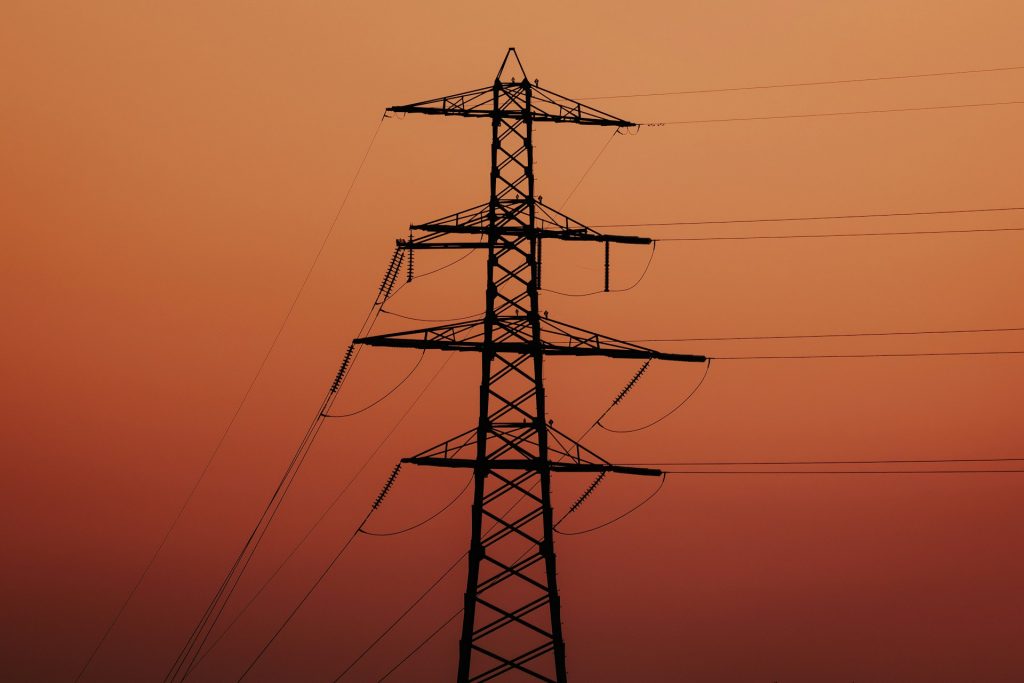Electricity bills in Spain are rising as a result of Red Eléctrica’s new “blackout insurance” initiative, which has been in effect since May. The scheme, aimed at strengthening the country’s electricity system following the nationwide blackout on 28 April, is now having a direct impact on consumers—particularly those on regulated tariffs or with bills linked to wholesale market prices.
According to experts, these users will see their monthly bills increase by €5 to €8, with further hikes expected during the summer. In contrast, consumers on fixed-rate contracts are shielded from the immediate impact, as their rates already factor in anticipated system adjustment costs. However, they may still face higher prices when their contracts come up for renewal, depending on whether their provider chooses to absorb the additional cost or pass it on. Larger electricity suppliers may be better positioned to absorb the increase, but smaller firms are likely to struggle and could be forced to raise their prices.
The blackout on 28 April prompted Red Eléctrica, the national electricity operator, to rely more heavily on combined cycle plants—facilities that use both gas and steam to generate electricity. This strategy, which allows for rapid responsiveness and reinforces grid stability, has led to a significant spike in the cost of system adjustment services. These services compensate for deviations between forecasted and actual energy supply to ensure the grid functions correctly and to prevent further outages.
Data reviewed by ABC reveals that the cost of these adjustment services rose to €26.6 per megawatt hour (MWh) in May, a sharp increase from €18.4 in April and €16.3 in March and February. This 44.5% month-on-month jump will be reflected in consumers’ bills as part of the system’s regulated charges.
Spain’s Vice President and Minister for the Ecological Transition, Sara Aagesen, addressed the issue in a recent interview, stating that “the operator is currently operating under a reinforced system. It’s like administering a broad-spectrum antibiotic to prevent any recurrence.” She added that the country is now building a “double network” and expanding technical constraints, especially in areas where combined cycle generation has been deployed. Aagesen also stressed the need for a diversified mix of technologies within the energy system to bolster resilience and reliability.
The blackout insurance strategy, while designed to fortify the national grid, is already proving costly for many Spanish households—raising concerns about how the country will balance grid security with energy affordability in the months ahead.










More Stories
Intel shares stumble as Nvidia pauses chip production tests
Samsung Reports Sharp Decline in Operating Profit Amid Chip Woes and US Trade Restrictions
Le Monde Unveils AI Chatbot Powered by Perplexity: A New Era of Reader Engagement